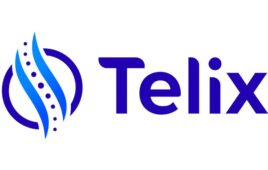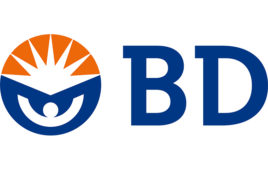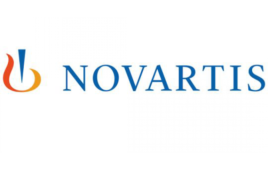ELAINE KURTENBACH AP Business Writer SHANGHAI (AP) — China’s sweeping health care reforms are a rare chance for foreign drug makers in the potentially huge market, and Sanofi Aventis is looking for chances to buy or partner with other firms as it expands, its CEO said Thursday. Paris-based Sanofi-Aventis SA announced this week several new initiatives aimed at the Chinese market, including plans for a 270 million yuan ($39.5 million) manufacturing base near the eastern city of Hangzhou and a $90 million expansion of a factory making its diabetes treatment Lantus in Beijing. The company, whose $35.6 billion in sales last year made it the fourth biggest drugmaker, is seeking ways to grow its business through acquisitions, equity deals, licensing and collaboration with Chinese partners, said Christopher Viehbacher, who took over as CEO at Sanofi-Aventis in December. “I wouldn’t restrict myself in terms of size,” Viehbacher told reporters after a five day visit to China. “It’s something we look at proactively.” But Viehbacher said there weren’t any ongoing talks on mergers or acquisitions in China or elsewhere. China has committed 850 billion yuan ($124 billion) to reforming its underfunded, inadequate health care system as part of a plan to extend basic medical coverage and insurance to all 1.3 billion Chinese. It plans to build thousands of new hospitals and put a clinic in every village within the next three years, while also reforming the corruption riddled drug and health services reimbursement system. For a company like Sanofi-Aventis, which has factories in Beijing, Hangzhou and the southern city of Shenzhen, China is “at least as important as the U.S. market in terms of where it needs to be,” Viehbacher said. “You have quite a commitment by the government on rural health care which has not been the case before,” he said. Since most Western medicines are distributed in China through hospitals and clinics in China, inclusion on an “essential drug list” of 600 reimbursable prescription medicines now being drafted will be key. “It’s very difficult to say which products will be on it,” said Thomas Kelly, vice president for Greater China at Sanofi-Aventis. But he said the creation of the list will mean greater access for drug companies in rural areas, helping to expand use of such medicines beyond major cities. “It’s clearly an opportunity that has not existed before,” Kelly said. Sanofi-Aventis has forecast growth in earnings per share to slow to 7 percent this year from 11 percent last year. Drug sales in the rest of Asia, excluding Japan, have remained resilient, despite the global economic slump, although the company has seen some impact on growth rates in Latin America. Sales in Africa last year, meanwhile, rose 13 percent to nearly $1 billion, Viehbacher said. Two-thirds of the growth in the global pharmaceuticals market is outside the U.S., European and Japanese markets. “We do need to be everywhere,” Viehbacher said.




